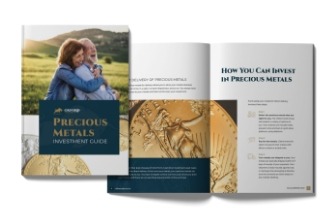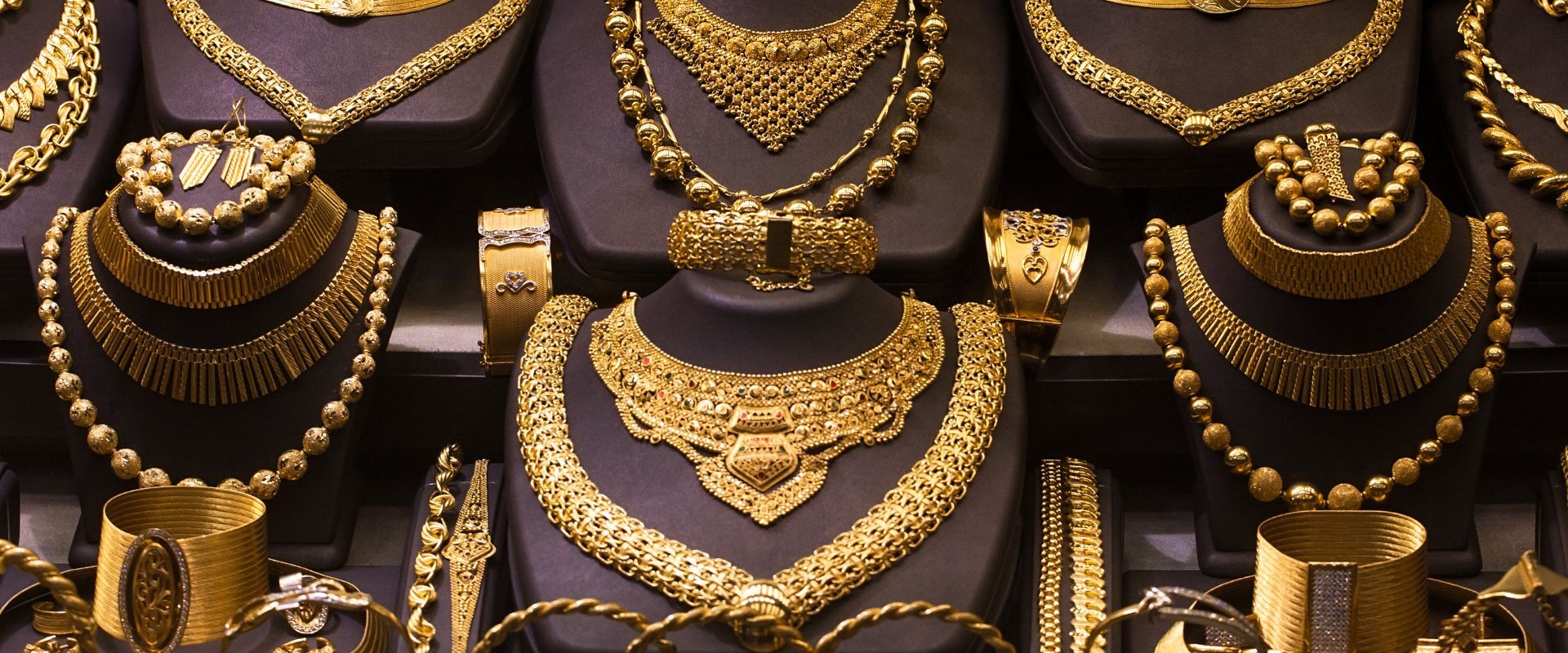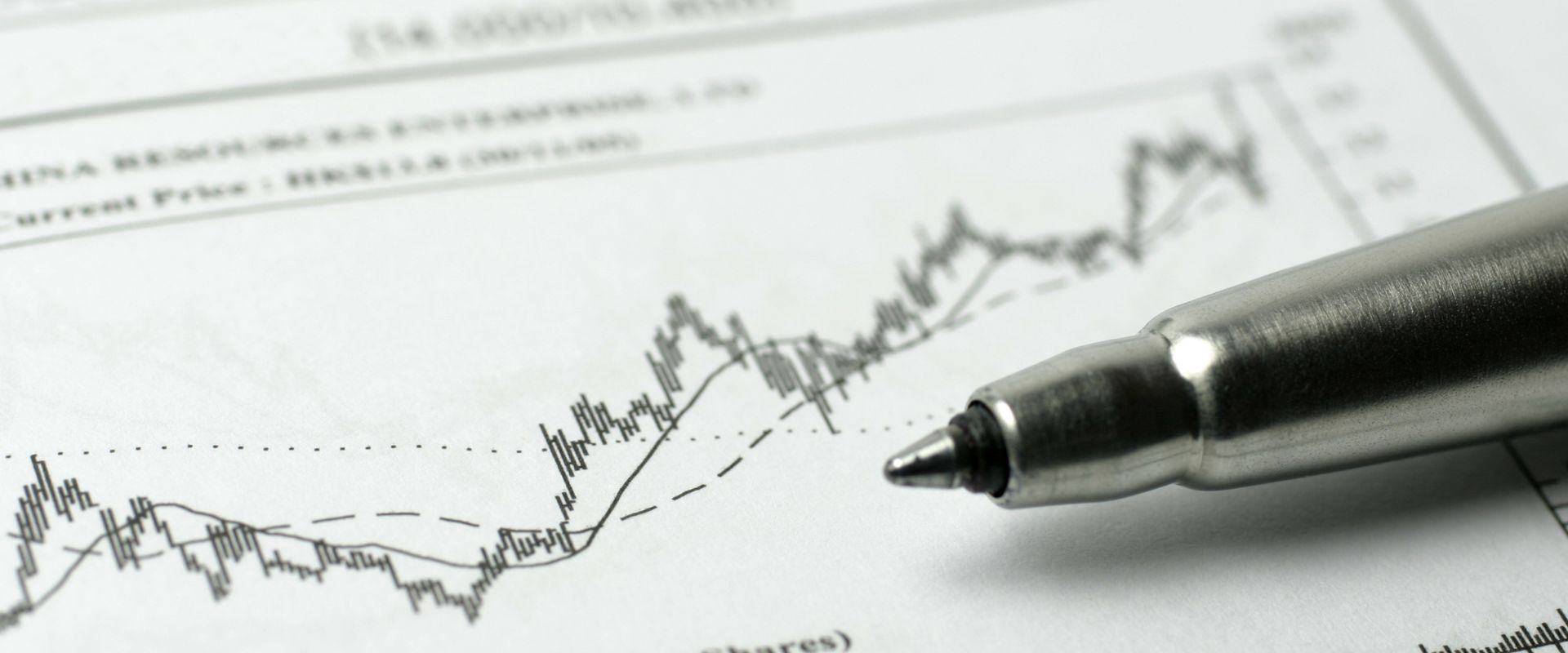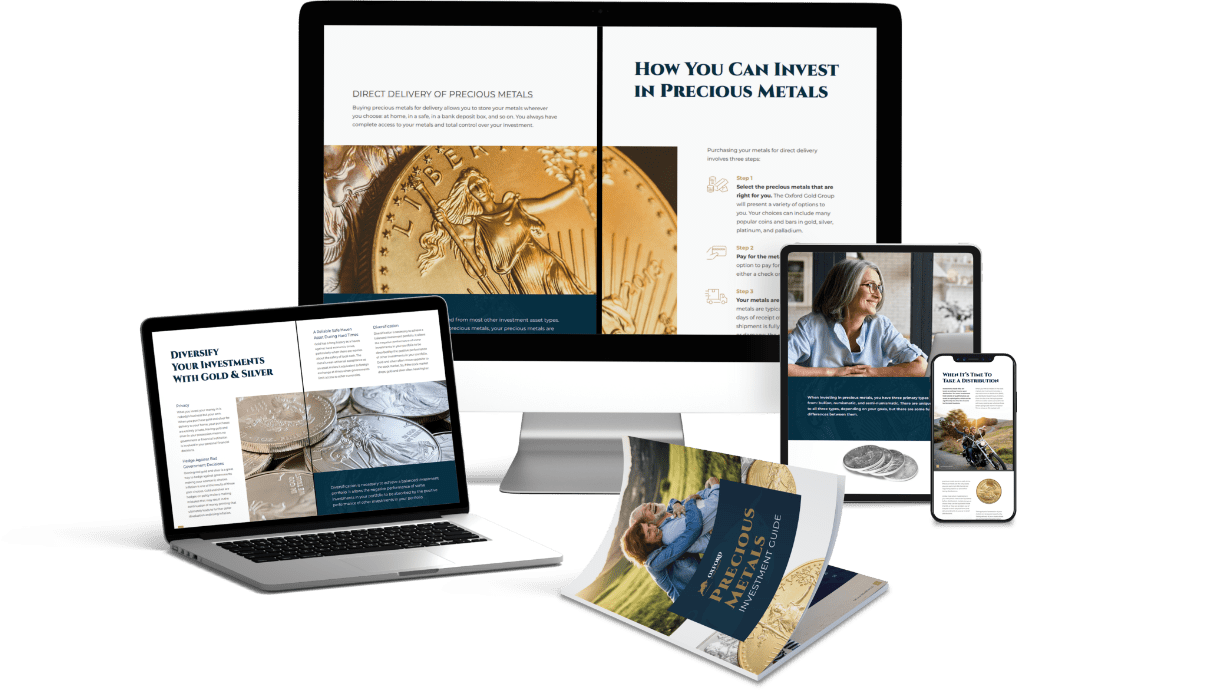As Egypt’s national currency loses value at excessive rates amidst the global currency battle, Egyptians flock toward gold to protect their purchase power in the failing economy; however, the gold-buying frenzy creates massive spikes in local prices. Many analysts see these spikes as a reason to tread lightly.
Mamdouh al-Wali, an independent economist, explains that gold prices in Egypt now reflect U.S. dollar exchange rates rather than market prices. “Speculation is very high, raising uncertainties about the price of this metal and other commodities in the future,” he states in an interview with Middle East Eye.
The Ukraine war, beginning in February 2022, sparked the initial downfall of Egypt’s currency. One Egyptian pound currently equates to 0.033 U.S. dollars. Egypt heavily depends on imports from both countries involved in the war, so the conflict’s pressures create high prices and U.S. dollar demands.
Egypt imports more than half of its cooking oils, wheat, maize, grains, cereals, legumes, and other food products. With the rise of prices resulting in Egypt needing to pay more for these products, the nation must rely on foreign currencies, but high interest rates from other nations, especially the U.S., make this less than feasible.
Following these exchange rate complications, Egypt devalued its currency twice in 2022. While the International Monetary Fund (IMF) expects this devaluation to balance external complications and boost Egypt’s strength, the currency has already lost 50% of its value against foreign competitors.
These devaluations have caused more harm to the national currency than good, including by driving commodity prices up dramatically,
Abdel Nabi Abdel Mutaleb explains to MEE. “This caused untold suffering to tens of millions of consumers.”
Analysts predict the Central Bank of Egypt will resort to another devaluation in the next few weeks. As the local currency loses value, the price of basic goods and extravagances become untouchable to many Egyptians. As Egyptian residents check their savings accounts and see the figures dwindling compared to the cost of living, general fear across the country rises.
The only answer is to convert their disintegrating currencies into stronger investments that can withstand the economy’s turmoil. Many Egyptians flock toward real estate, precious metals, and automobiles to protect the funds in their savings account from the next devaluation hit.
“I found [purchasing gold] to be the only way for me to protect my savings while the pound keeps losing value and gold keeps increasing in price,” Mohamed Fouad, a computer engineer, explains to MEE during an interview.
So what are Egyptian authorities doing to combat this crisis? To start, the Egyptian government enacted an import limitation that adds new restrictions to prior regulations. One aspect of the new restrictions requires importers to use local banks for their transactions rather than international suppliers.
Additional measures include saving certificate incentives with high-interest rates to encourage local currency investments, reduced imports of luxury items, and general import caps. While the concepts behind these measures may make sense, they cannot keep up with the nation’s current inflation rates.
“The CBE cannot solely bring the inflation down or increase foreign currency revenues,” al-Wali explains. “Production requirements are nowhere to be found, the exports are slowing down, and remittances from Egyptian workers in other countries have been strongly affected by the international economic crisis.”
Egypt requested loans from global financial agencies, like the International Monetary Fund, which offered $9 billion in support. Egypt should receive the first $750 million of this offer by the end of this month.
As locals continue stocking up on gold, prices reach enormous highs, offering excellent advantages for investors but bad news for those who haven’t purchased yet. With high prices, gold jewelers in Egypt expect increased demand, especially with the new import caps. “The current prices are far higher than the real value of gold,” Ehab Wasif, the gold division head of the Egyptian Federation of Industries, explains to MEE.
Because of these price gauges, some advise that Egyptians should wait for prices to drop before investing. “It is better for people with savings to avoid buying gold now until the current high price wave comes to an end,” Abdel Mutaleb explains. “There is a lack of clarity on gold pricing policies in the local market, while traders show no abidance by the official exchange rate of the U.S. dollar.”
Investors in other nations may benefit from the gold market abuse in Egypt, contributing to higher demand and prices worldwide. Analysts predict global gold prices to continue rising throughout 2023.








